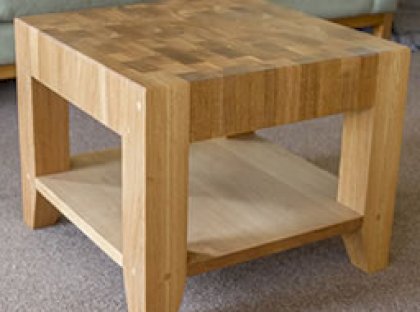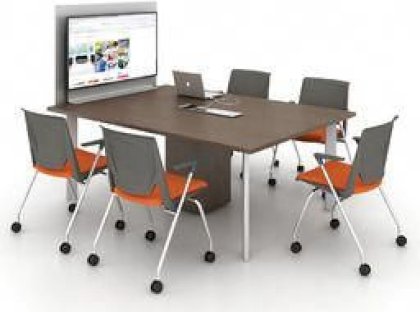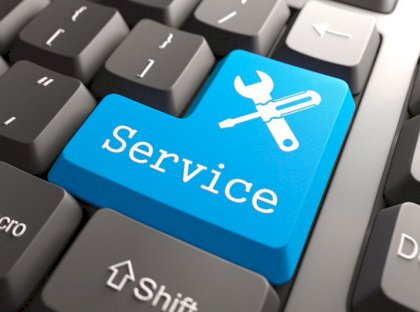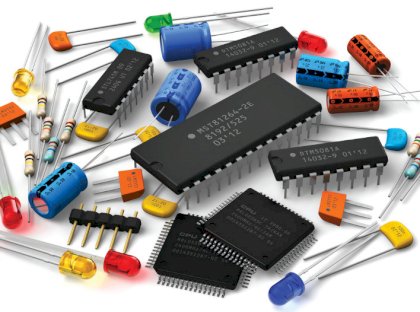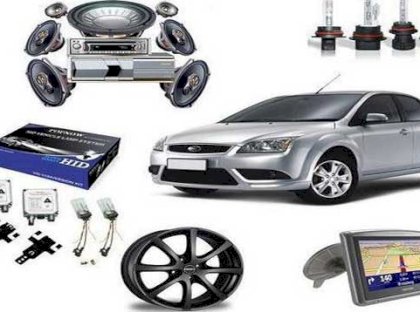How to speed up a slow computer

If your computer is running slow then you can blame your settings, bloatware and viruses. You can make it faster and if you really want so then you have come to the right place. Here you can know the process.
You really have to be patient when you are working with slow computer as there is nothing more frustrating than to deal with a slow computer. It took so many times to just loading of a Microsoft office Program or a single web page and while you are working with your laptop it become so annoying that sometime you think to smash down it.
But, you can’t do this as this is not the solution. To make the computer faster as earlier you can follow some simple ways. A good place to begin is doing couple of tweaks to your settings with removing malware. If you want to keep your computer in an excellent condition then there are few activities which you may follow.
Try to update the software regularly
When you are trying to speed up your computer first just ensure that all your software is updated. This including drivers, applications and web browsers and printer like devices and of course the Windows also as to fix glitches and plug security holes in the operating system Microsoft concerns customary update.
Hard drive should be defragged repeatedly
To the hard drive when a large file is saved by your PC it broke into small pieces and then in various locations they are stored. To access them the hard drive took long time as these files have to be accumulated.
This process is not essential if you have a solid- state drive (SSD) as time to time automatically in the background Windows will do it for you.
Check for other malware and viruses
Regularly you should run antivirus software program as data can be lost and you PC may be slow down by viruses. Security can be compromised by spyware by collecting information about you and monitoring your activity. You can keep your antivirus software updated and launch it. Then your hard disk should be fully scanned and you also should set up frequent scheduled scans if your package allows.
Clean the cookies and cache
In the folder of Temporary Internet Files a small file has been the web browser ‘cashed’ or stored by the web browser each time you visit a webpage. Just like that small files called cookies also stockpiled also it contains information about the personal details and browsing history. By the time the volume of all the files can increase. If you clear the cache of the browser periodically it will work quicker when the pages will load.
Within the settings menu these settings can be found in most of the browsers and for this you can get options like ‘Clear cache & cookies’ or ‘Clear browsing data’.
Check startup programs
Including the version of Windows and the hardware you are using are the main dependants how quick your computer is starting. Windows also have a major effect on the number of programs which are planned to starting up.
When you are turning on your computer in the background many programs will start running indiscernibly and this can also the reason of software crashes and also can slow down the system turning up time.
To disable these programs easily you do not require starting straight away;
- Go to the Start option, type msconfig in the search bar and select Enter. Got to the System Configuration window and then select the Startup tab.
- There will appear a list of programs then those options you do not require launching at start up automatically untick them. Before you deselect the programs you should be sure that you don’t need them often.
- Select the Apply option and then select OK. Now restart your PC.
Discard all unwanted programs
Speed boost up with startup times don’t end. When you are going to use it you have to ensure that the computer runs fast.
The programs which you do not use can be uninstalled to free up memory and storage space. When you bought the computer the trail versions of software appear it as these may include programs like old games or software or outdated antivirus programs which will not be useful any more.
- Select Start > Control Panel > Uninstall a program
- Select the program you want to uninstall from the list of programs which appear and then go for Uninstall.
Eliminate temporary files
Disk Clean-up utility of Window can help to increase the performance of the computer by eliminating unnecessary system files and temporary files.
- Select Start. In the search box type disk clean up and then select the Disk Clean-up from the appearing list of results.
- Select the hard disk drive which you wish to clean in the list of Drives. Go to C: drive then select OK.
- Click the type of files which you want to delete in the Disk Clean-up box, then go to the OK option and then select the Delete files.
Recognizing the bloatware
Sometimes brand new computers come with much kind of preloaded and unwanted programs like bloatware in spite of the expectation of a digital clean slate. All through the life of your computer it will be absolutely okay to accumulate more if you further programs.
You can easily uninstall many bloatware programs which are pre-installed but the trick is laid in what you should keep and what can be safely removed. The programs which you will not use in future or never use it earlier then you should uninstall these as these can be bloatware. If you want to remove them then you may follow the instructions.
Removing toolbars
A classic example of bloatware is extra web browser toolbars. Often you can get this with your PC as these come pre-installed and to your toolbars many unnecessary downloadable applications may get added.
In the top of the browser window toolbars generally appear and regularly present the own search box. As other software and in the same way uninstalling toolbars can be done. Watch for toolbars when you’re going to install other programs and ensure that you avoid by deselecting the tick box.
Install a solid-state drive
This solid-state drives (SSD) are unlike other traditional hard drives and so called and for that they don’t have any moving parts. This is the reason for their fastness and efficiency. You may have to spend £50 to £250 as it depends on the capacity of the SSD which generally range from 32GB to 512GB.
To replace the hard drive with a SSD may require to fiddle with data cables and power and to take the casing off the PC. If you are not sure with yourself that you can do it then you must take help of any professional.















